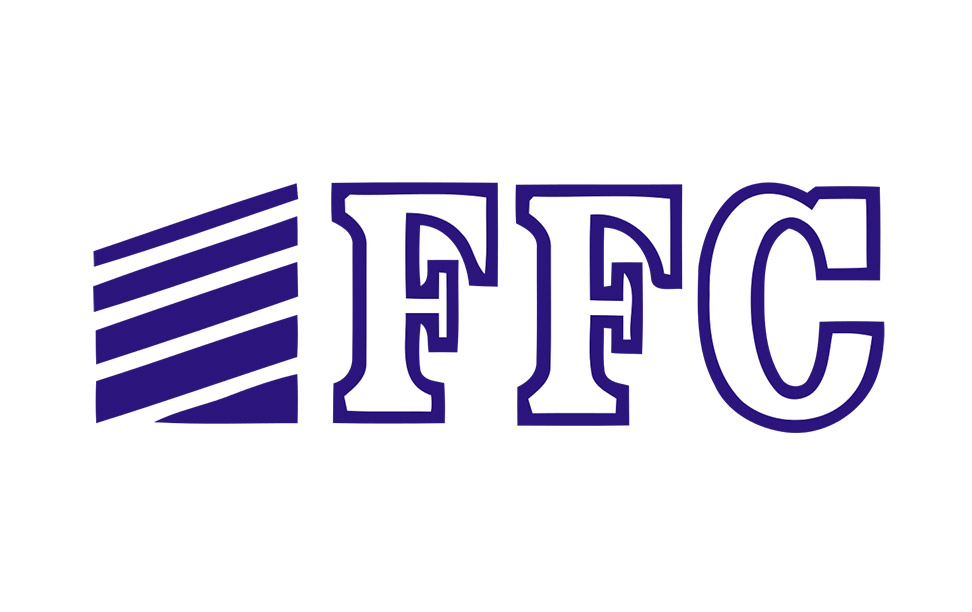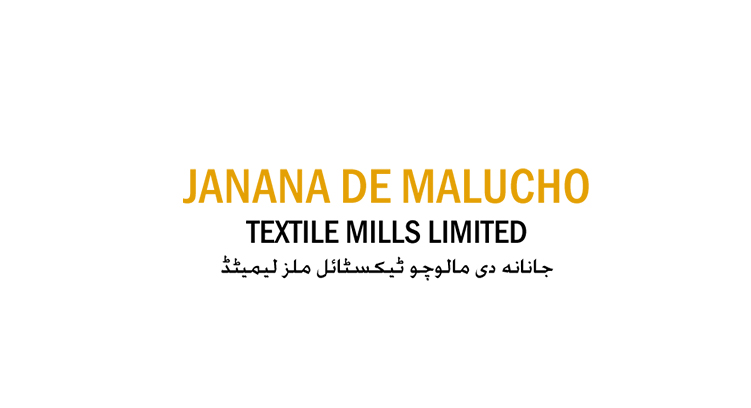While the capital markets around the world have been growing substantially and becoming more sophisticated by the day, we in Pakistan are still stuck in the 20th century no matter how one looks at it.
Forget fancy instruments like the Special Purpose Acquisition Companies, which are the talk of high finance these days, or direct listings, Pakistani market hasn’t even been able to do things properly in the most vanilla manner. Our volumes and value are nothing to be proud of and the investor base is simply embarrassing. Even the advent of better technology hasn’t uprooted the old order, though the last year or so has noticed some progress. Beginning from the launch of the much-awaited Exchange Traded Funds to the introduction of online onboarding of investors, there are hints to a move towards the modern area. How much of these trigger a radical, rather than incremental, change in the local market is the real question.
To get these answers, Mettis Global had a discussion with Managing Director of Pakistan Stock Exchange, Mr Farrukh Khan, who took helm of the local bourse in February 2020 – just before the Covid-19 changed the entire world order. Below are the edited excerpts.
What kind of impact has PSX noticed since the launch of Roshan Digital Accounts?
FK: Roshan Digital Accounts have been a really important strategic initiative by the State Bank of Pakistan and we are really grateful that when the initial product was being planned, they had discussions with the capital markets as well and we suggested that the stock market investments be also included in the RDAs.
This is the first time that the banking sector and the capital markets have worked together and shared KYC. As a result, overseas Pakistanis can not only open bank accounts but also their brokerage accounts seamlessly, sitting wherever they are in the world. We have already seen a few thousand such accounts being opened up, obviously the total number for RDA is much larger. But a smaller subset is for brokerage as well and we have seen a fair amount of funds coming into the capital markets through them.
We are also in discussion with the SBP and the banks who have been involved in RDA that there should be a similar sharing of KYC in the domestic market as well. That will again be a great step forward in making it easy for investors to open the brokerage accounts.
PSX has been lacking in terms of products. Can you brief about the new initiatives?
FK: It was almost after a decade that new products were launched on the PSX with ETFs and GEM board. I am actually really happy and proud that despite such a challenging operating environment over the last 12 months, PSX has made significant progress in terms of building up institutional infrastructure and even continuing to operate itself was a challenge, let alone introducing new products.
The other major initiative that has been going on is the implementation of the state-of-the-art trading and surveillance system and that will be in place by the next month or two. It will allow us to be able to introduce other new products like options or index futures. So, we will see new products over the course of 2021.
But I also would like to say that much as it is exciting to introduce new products, we have some basic building blocks that still need to be addressed. Our investor base still remains very small so our priority was to ease the process of online account opening, make KYC easier.
The first challenge is to grow the investor base, the second is to increase the supply side. There were no IPOs taking place so we looked at how the regulation can be improved and worked closely with the SECP and have since a number of successful IPOs and there are more coming in over the next 8-12 months. We need to add new products but at the same, eliminate some basic issues first.
Debt is another key strategic initiative for us, we did the first Rs200 billion power sukuk on a book building basis that has now been successfully followed by a number of private companies like K-Electric, Bank Alfalah, Bank Islami who have done their debt issues. It’s important for us to expand the debt market in PSX as well.
Will the GEM board be able to make PSX an attractive capital avenue for small businesses?
FK: SMEs are the backbone of any economy as they are in Pakistan, both in terms of future and current economic growth as well as the employment that they provide. It’s very difficult for them to get financing, either debt from banks or equity capital. So we have launched GEM board after a lot of effort has gone into it and made the listing process much much more cost effective than the main board, made the requirements easier to encourage companies from all sectors, including the information technology, to come and list on the GEM board. We already have 8-10 companies seriously considering this option and when the first few list, I am sure we will see a lot more take up this avenue for capital raising.
PSX launched ETFs a year back. What makes them attractive to investors?
FK: ETF is probably the single largest asset category in the world, worth about $7-8 trillion. Evey major or smaller exchange has ETFs because they are extremely attractive product. For an investor, it’s possible to get exposure to a diversified group of securities through a single trade. This is why it’s so simple and attractive and has been successful in the last decade.
In Pakistan there were no ETFs so we worked closely with the asset management companies and with the regulator to bring them into the market and it will take some time for them to get established. Recently we have seen the volume has slowly been going up but it’s still very small. There are AMCs working on other ETFs as well and I think it will take a bit of time but it’s a very important category.
Can the PSX offer tech companies the kind of valuations and funding available in private markets, such as VC?
FK: For technology companies, there has to be a whole ecosystem of financing in place for it to be successful and VC investments and public markets are complementary to each other. So you start an entity with your own money or get funds from friends and family, then you might have some angel investors, then you get venture capital and after that to the public markets. That whole chain is not fully developed in Pakistan, we have very few VCs here and one of the few challenges for them is how do you exit?
I believe with the launch of the GEM board, investors will have a viable exit opportunity by listing on the GEM board and will help VCs to take a view and invest in early stage startups. Now, everywhere in the world, investors take a view on multiples and valuations and we have had very successful listings of technology companies such as Systems Ltd, Netsol or TRG and other successful examples. Based on their growth, you can see their valuation multiples are very different from those of textile companies.
What will it take to bring more investors, particularly retail, to the capital markets?
FK: Our retail investor base is very very small and I personally believe it’s not just a matter of capital markets but also a socioeconomic issue because such a small market means more concentration of wealth. There are various steps we have taken that will make it easier for smaller investors to open accounts, such as easing the KYC process, enabling full online account opening.
Now, once again our brokers have to step forward and really go out there, open branches, educate investors. Secondly, our media has to play an important role in creating awareness. Obviously as PSX, we are also taking a lead in it as well by making sure that we are able to, through different programs, have continuous outreach. The few big stumbling blocks that were there have been removed so it has been made easy for people to access.
Copyright Mettis Link News







